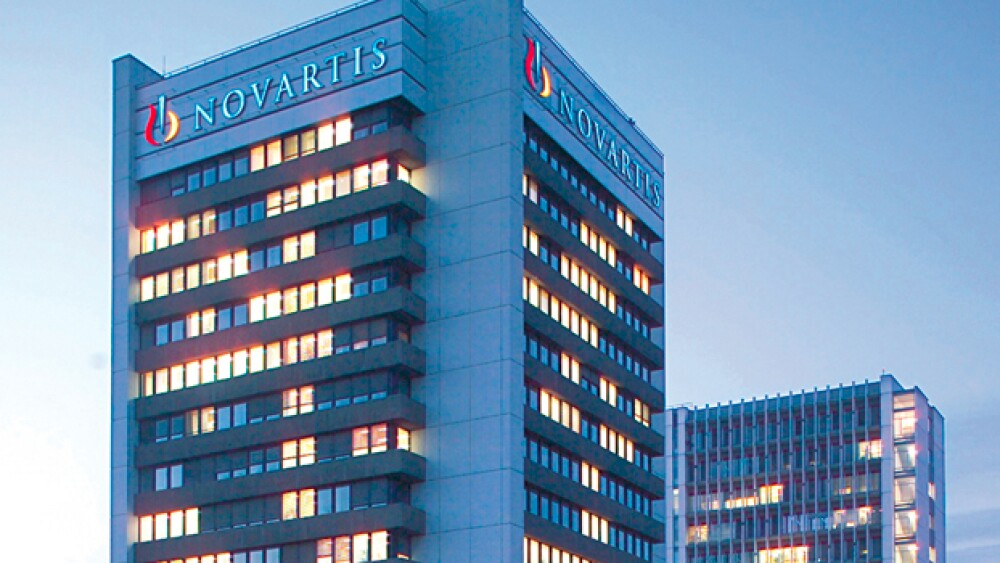Narasimhan takes over the role of CEO in February as current CEO Joe Jimenez retires.
With Vas Narasimhan set to take over the reins of Novartis AG next week, the company is on the verge of a new era of growth driven by new medicines that will become core revenue drivers for the company.
Narasimhan takes over the role of chief executive officer in February as current CEO Joe Jimenez retires. During a 2017 full-year earnings report issued this morning, company officials said Novartis is in position for sustainable growth. Narasimhan said when he takes over next week his priorities will be driving the next phase of growth. To do so Narasimhan pledged to deliver “more breakthrough innovation” while the company pivots to become more data-centric.
That next era of growth at Novartis will be driven by several new drugs such as heart drug Entresto, breast cancer treatment Kisqali and the psoriasis drug Cosentyx. Novartis also has recently approved leukemia drug Kymriah in its arsenal. Kymriah, a CAR-T therapy, was the first such treatment approved by the U.S. Food and Drug Administration. In its announcement this morning, Novartis said sales of Cosentyx and Entresto “more than offset Gleevec generic erosion.” Cosentyx and Entresto combined for total 2017 revenue of $2.6 billion. During the fourth quarter, Kisqali brought in $35 million. The company said its growth is continuing in the United States and will also see growth in Europe with additional launches of the drug.
With the new drivers in place, the company expects mid-to-high single digits in an earnings increase over the course of 2018.
Narasimhan was tapped as the new CEO after serving as the company’s chief medical officer and head of global drug development. When he was named Jimenez’ replacement, Narasimhan said Novartis’ goal will be “to continue to drive that innovation agenda in a new world where there’s so many possibilities with new science, data and digital.” When he was selected as Jimenez’ successor, many believed the company would place greater emphasis on innovation and that is proving to be the right call.
During a call with reporters this morning, Narasimhan pointed to breakthrough innovations as a key to future growth. He said that the company will examine its pipeline and ask “Is this first-in-class or very close to first-in-class where we can be competitive?” If the answer is no, Narasimhan said the company will have to ask why it is pursuing that particular path, Bloomberg reported.
Looking back on 2017, Jimenez said it was a “landmark year for innovation” that resulted in a “rich late-stage pipeline.” He said with several planned key launches and a new operating model in place, Novartis is “poised for sustainable growth.”
While Narasimhan said his focus will be on innovation, he will also have other decisions to make regarding its eye-care company, Alcon, generics business Sandoz and if the company will look to sell off its stakes in rival companies GlaxoSmithKline and Roche.
Bloomberg said Novartis will need to see sales and margin improvements for multiple quarters at Alcon before it makes a decision whether or not to sell that asset. Alcon did see sales growth of 8 percent in the fourth quarter of 2017, according to the company report. Narasimhan said there would not be a decision made on Alcon before the first half of 2019.
Sandoz has seen declining revenue, particularly in the United States. Citing people familiar with the matter, Bloomberg said Novartis could divest itself of some properties to help offset those losses.
Novartis holds a 36.5 percent stake in GSK’s consumer joint business and about 6 percent of Roche, which is valued at about $14 billion. Narasimhan said there will be “no change” to Novartis’ positions in those companies, Reuters reported.





